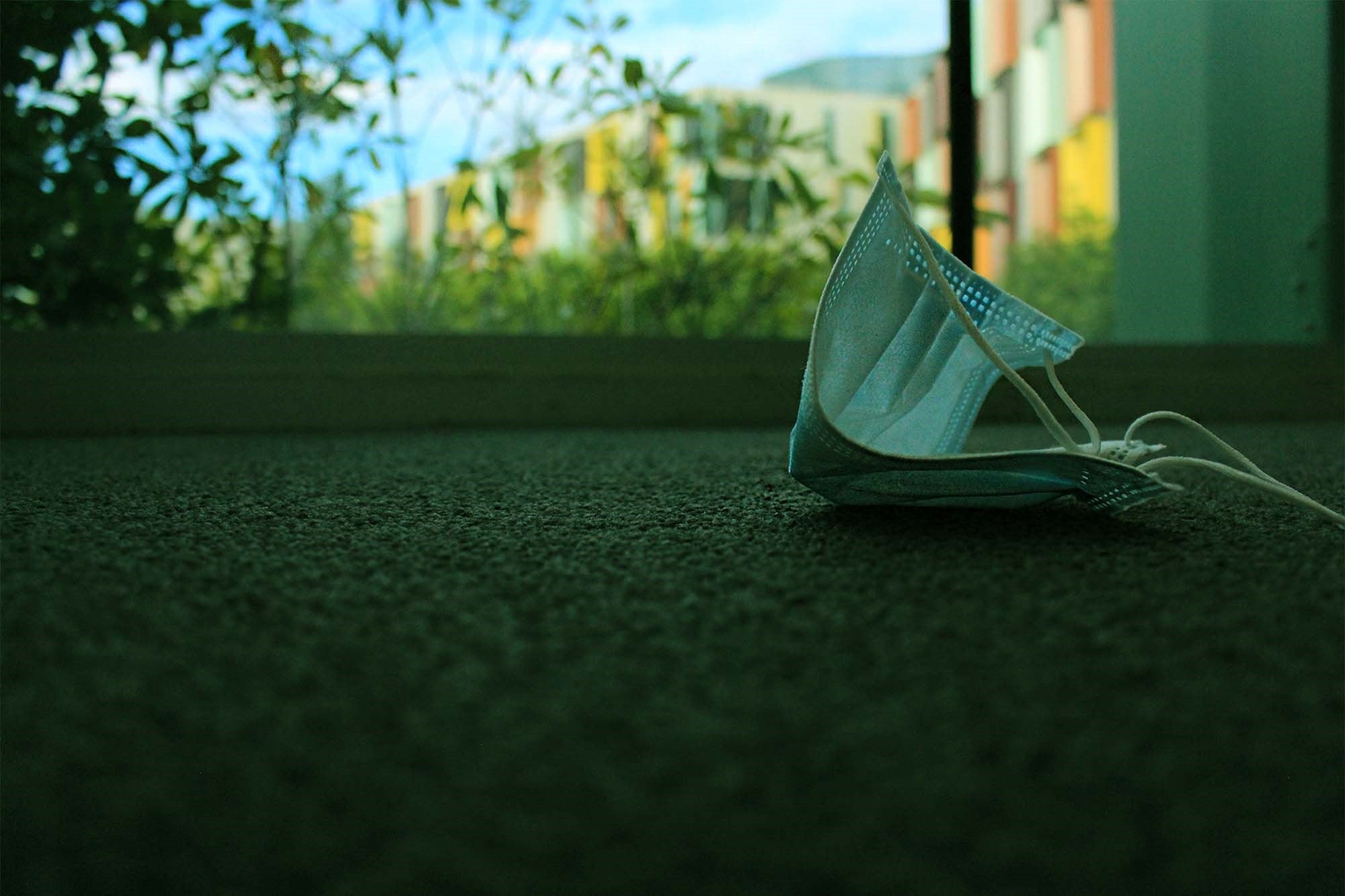
The world has been living in a pandemic for the past two years and it doesn’t seem to show any signs of ending soon. While vaccine and booster shots are being diligently administered in Australia, it is always safe to take some precautionary measures from your side. You can come into contact with an infected person at any point. The best way to ensure maximum protection from the virus is through the use of face masks along with sanitising and physical distancing.
While face masks won’t entirely protect you from the virus it is said to slow down the spread of the virus. Reports suggest that wearing masks can lower the risk of community transmission. However, with all the masks available in the market you should know how well they work and which ones you should be using for you and your family.
Different Types Of Masks
Since the beginning of the pandemic, masks have become a part of our daily lives. Most people have at least a few fabric or medical masks lying around the house. The level of protection provided by each of these masks can vary. So, when you are buying a mask make sure you know which one you need.
Fabric masks
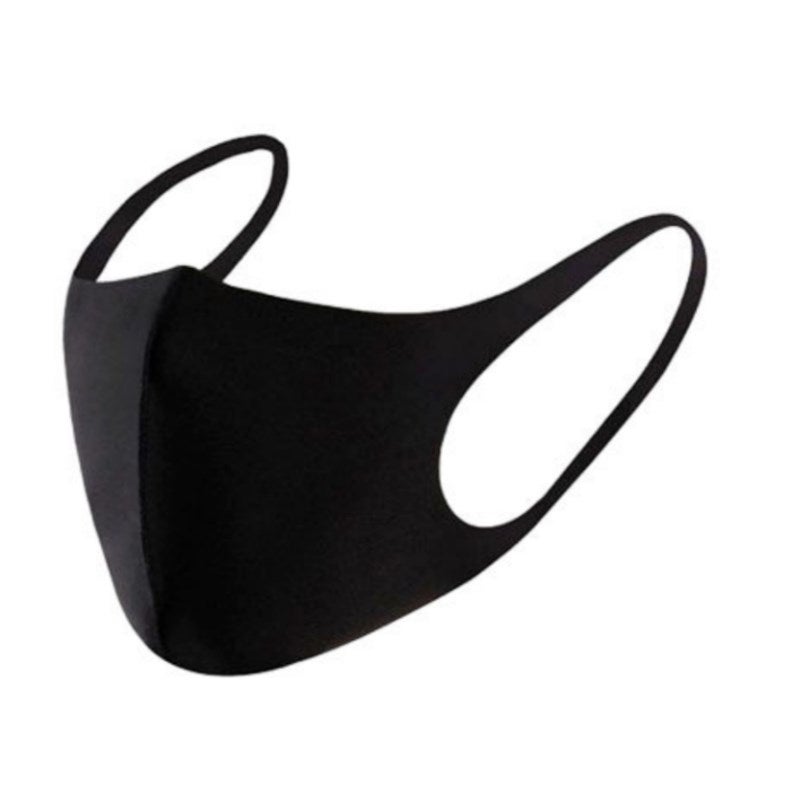
For the past two years, we have had to wear a mask every time we stepped out of the house and sometimes even inside our homes. While disposable masks are a great investment as well, fabric masks are also a popular choice among most people. However, you cannot just buy any type of fabric mask.
Masks are supposed to offer a layer of protection against the virus and while surgical masks are made for that purpose, fabric masks need certain requirements. Make sure that the fabric mask you buy has at least two layers of protection if not three. Ideally, the fabric should be water-resistant and have a higher thread count. Furthermore, you should also ensure that the mask fits your face. It should not have any open pockets on the side as they will defeat the purpose of wearing a mask.
Your fabric face mask has to pass these requirements in order for it to be a form of protection against the virus. Moreover, fabric masks are not disposable which is why they are so popular. But you have to make sure that you clean and disinfect your mask after every use. Hot water and soap, cleaners such as hydrogen peroxide or isopropyl alcohol can also be used to sanitise the masks.
Medical/surgical masks
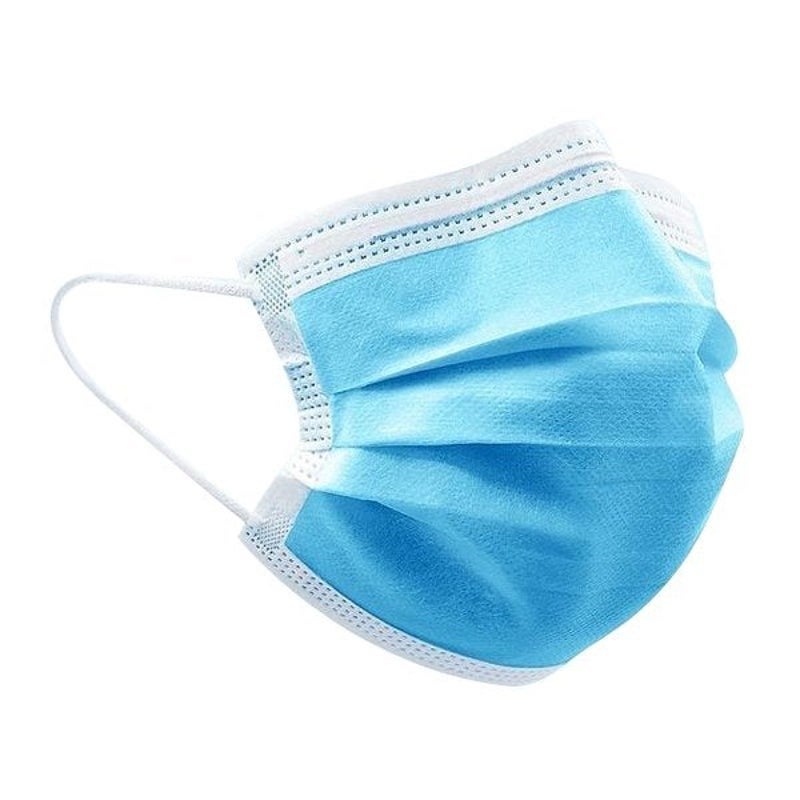
Surgical face masks are most commonly used in hospitals and other healthcare facilities. These masks do a great job of protecting you against any airborne virus particles. Unlike the fabric ones, these are disposable and it is recommended that they should be disposed of after 6 hours of usage. The fact that masks are disposable also makes them a safe and sanitary option. You can easily buy a pack of 50 or 100 for an affordable price.
Large-particle droplets, sprays, any sort of splashes that contain the virus can be prevented or blocked by these surgical masks. Moreover, it works both ways, that is, if it protects you from being exposed to the virus it also protects those around you from any respiratory secretions or saliva.
Medical masks are not entirely water-resistant but the good part is if they get dirty or wet, you can immediately replace them with a fresh one. Moreover, they come in a universal size, so you don’t have to struggle to find the right one for your face.
N95 and KN95 respirators
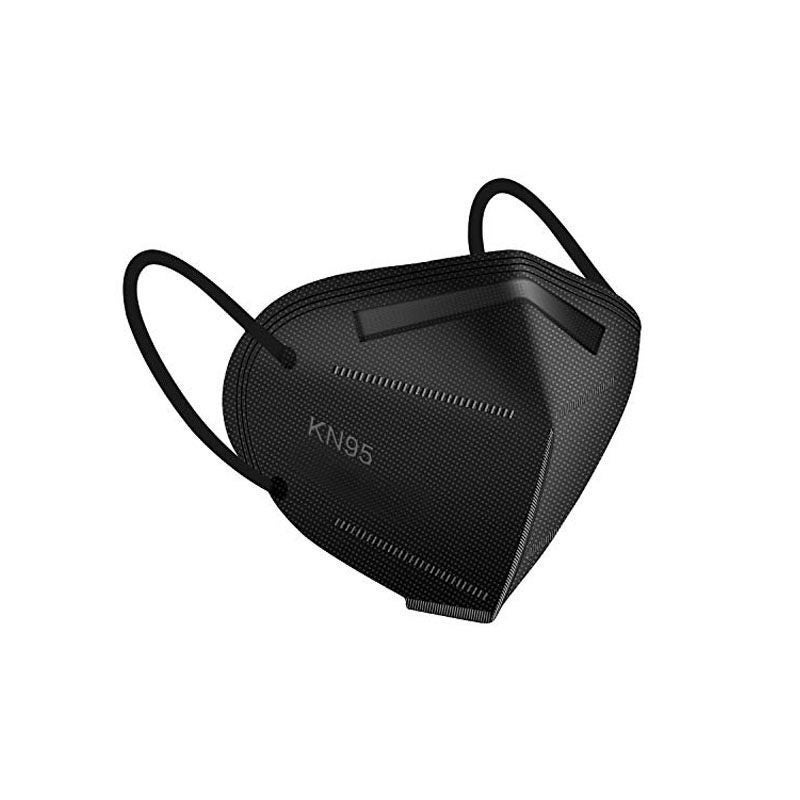
Surgical masks can protect you from large-particle droplets but not small particles. Since they are a loose fit on your face smaller particles containing the virus can still reach your mouth or nose. Hence, N95 and KN95 respirator masks are recommended especially for healthcare workers. These masks are meant to fit the face and provide very efficient filtration of airborne virus particles. The main known difference between the two masks is that the N95 respirator is manufactured in the USA and the KN95 respirator comes from China.
So, what is a respirator?
Respirators are masks that fit over the mouth and nose to protect your respiratory system from being exposed to harmful substances that can be inhaled. The number assigned to these respirators refers to the percentage of particles it can filter.
How do respirators work?
The N95 and KN95 respirators are air filtering masks. Even though we cannot see those harmful particles in the air, the respirators when worn can filter out the harmful particles and let you enjoy clean air.
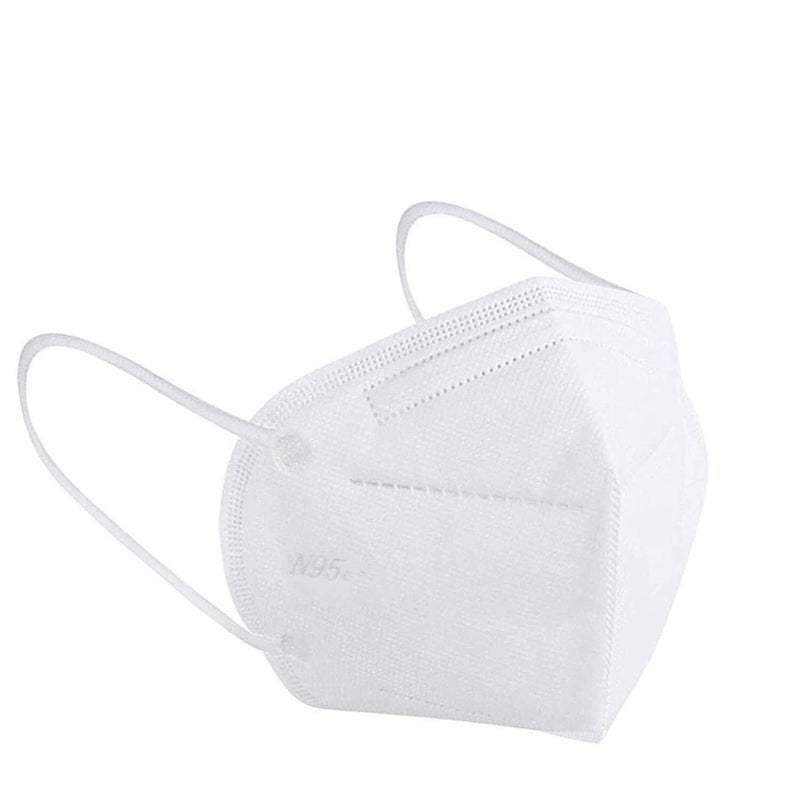
Additionally, there isn’t a drastic difference between KN95 and N95 masks. The only difference that is barely noticeable would be the breathability as N95 is supposed to be slightly more breathable than KN95. However, these masks are not your everyday use masks. People with breathing problems, cardiac diseases or any other problems that can hinder breathing need to consult a doctor before purchasing these respiratory masks.
Another factor that you must keep in mind is that most respirator masks are ‘single use’ and should not be used by children and people with facial hair. These masks are specifically made to fit your face. Also while N95 is said to provide the highest level of protection against the virus, the surgical and fabric masks should not be ignored. They also provide a huge amount of protection against the virus.
Use Your Face Masks The Right Way
Face masks are your first line of protection against the virus. So, you should always use them the correct way. While most of us know how to wear a face mask, here’s a little reminder-
-
Cover your entire mouth and nose with the mask.
-
There should not be any gaps on the sides of the mask since that would defeat the purpose of wearing the mask.
-
It should fit your face perfectly and should not hinder your breathing.
If your fabric masks are too thick and hinder your breathing then we would recommend switching to a different fabric mask or a surgical mask. Protecting yourself from the virus does not mean sacrificing your breathing. Lastly, always wear a mask indoors and in crowded outdoor areas, sanitise regularly and stay safe!


